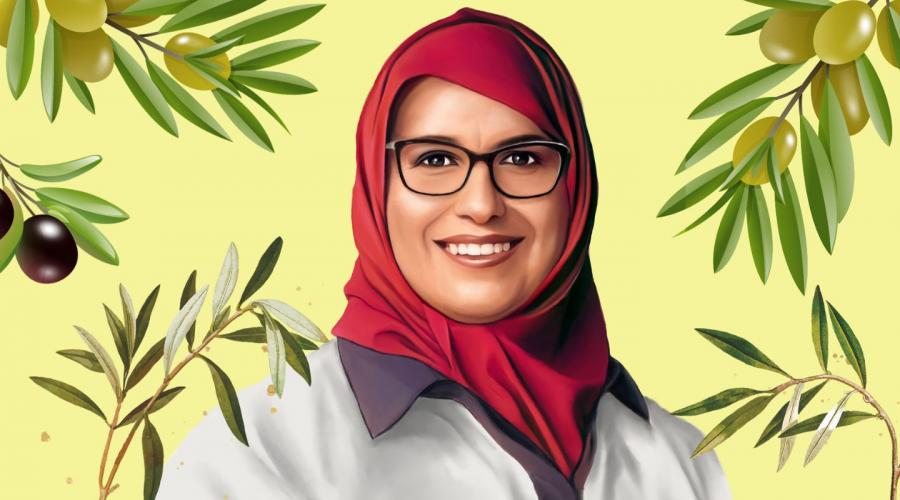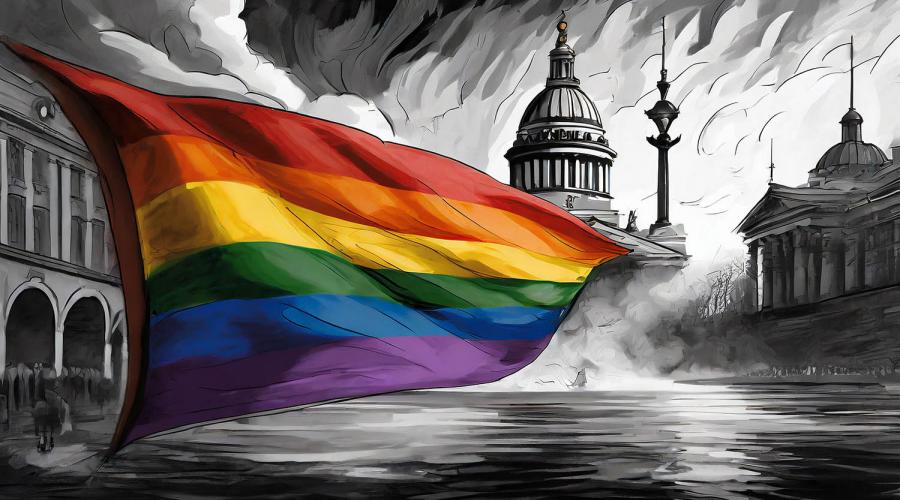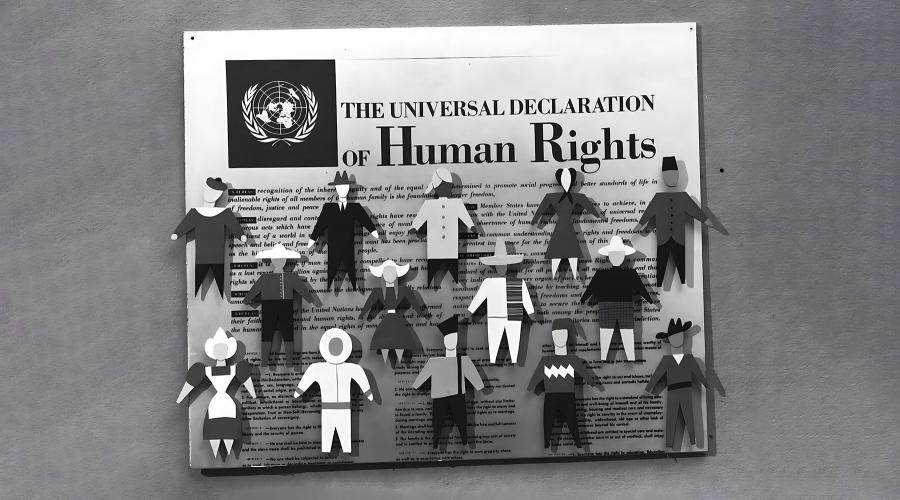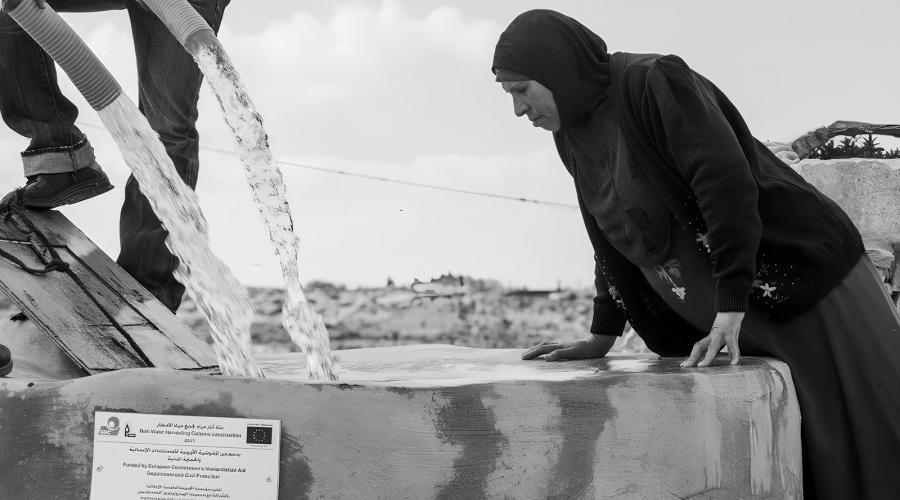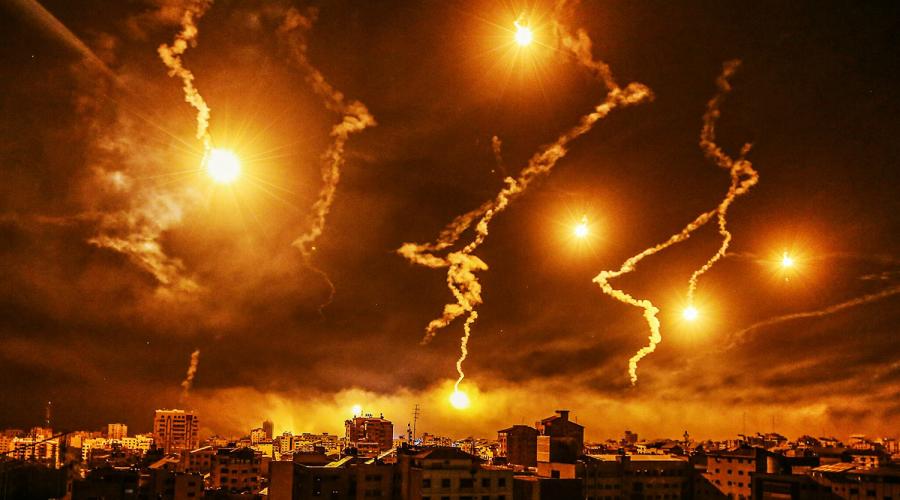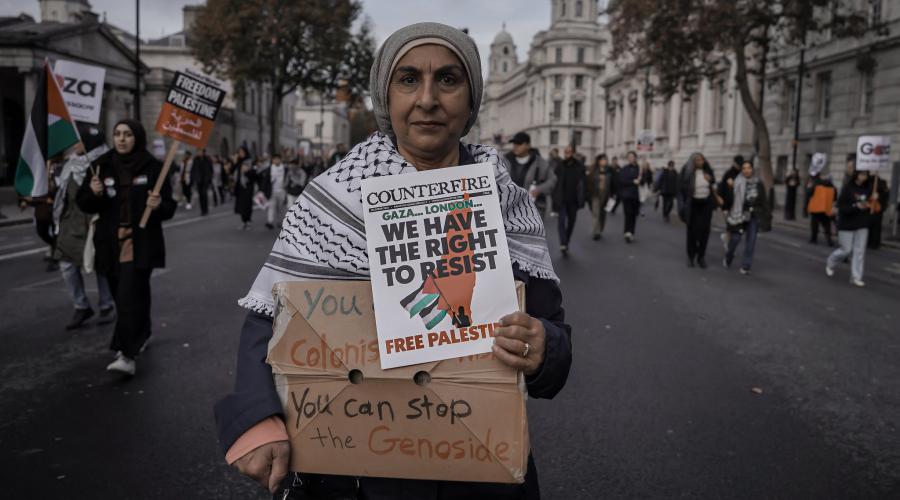The Global Plastics Treaty: a life raft for the world’s plastics crisis
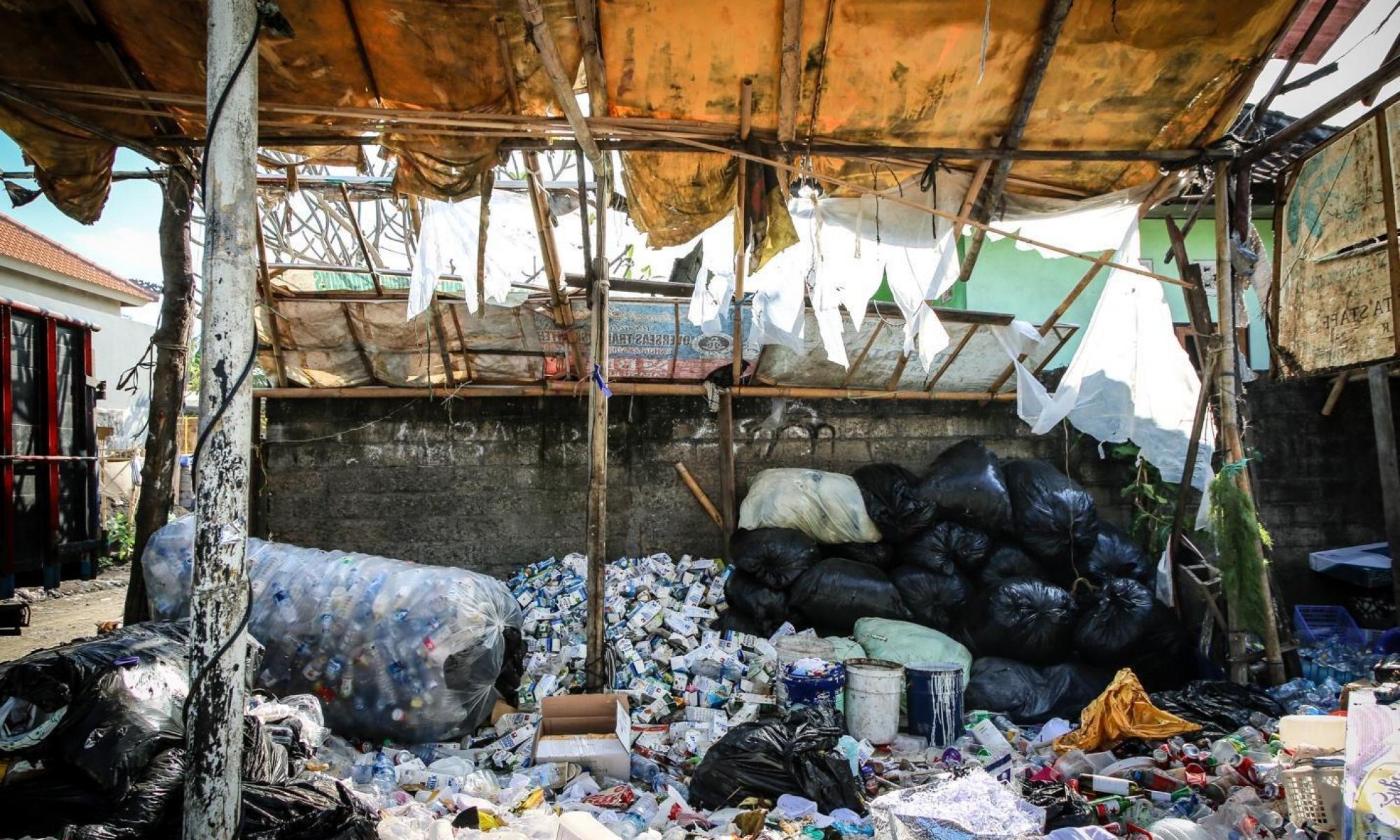
I like to imagine a future where the global plastic pollution crisis is under control. In that future, plastic production no longer contributes four percent of the world’s greenhouse gas emissions. Fish don’t wash up on beaches with their stomachs filled with plastic, and no one is forced to choose between safe drinking water and a neighbourhood free from plastic pollution. Perhaps it won’t be a future fitting of Aqua’s iconic lyrics, “life in plastic, it’s fantastic,” but I believe a life of reduced and globally well-managed plastic could be much more fantastic for everyone.
The world has a plastics problem. In the last 20 years, the amount of plastic being produced globally has doubled, as has the amount of plastic waste. This plastic waste is having devastating consequences on people’s health and livelihoods, but there is hope on the horizon. Last year, the global community agreed to create a Global Plastics Treaty. This is a life raft to address the international plastic pollution crisis—but the treaty’s success depends on making sure that it truly tackles this crisis and its disproportionate impact on people living in poverty.
There is hope on the horizon
Countries and communities have tried tackling plastic pollution by themselves, but so far these efforts have not been enough. Plastic pollution and its devastating consequences continue to increase. A global problem of this scale requires a coordinated international approach, as the success of an international environmental treaty has shown.
The Global Plastics Treaty has a mandate to address the full lifecycle of plastic including its production, design and disposal, but its exact terms will be negotiated over the next couple of years. Five week-long meetings have been set up to work towards a final text. These meetings bring together delegations from almost 200 countries including New Zealand, as well as wider stakeholder groups like scientists, companies, and non-governmental organisations (NGOs). The first two meetings have already taken place, and the next one will be in Kenya in November 2023. This treaty is a once-in-a-lifetime opportunity to tackle an urgent global issue—and it is crucial to ensure that the rights and wellbeing of people living in poverty (who are disproportionately impacted by plastic pollution) are at its heart.
image2.png
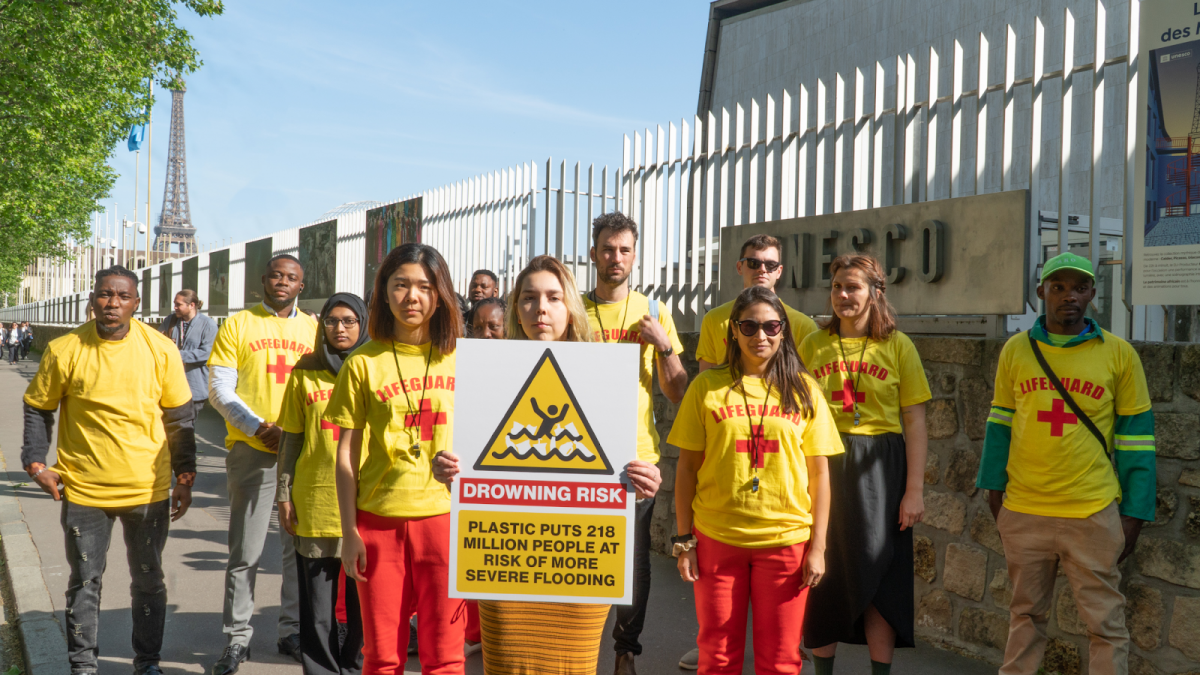
Campaigners and waste pickers from around the world issue a safety notice to governments at the treaty negotiations in Paris.
The unequal consequences of plastics
Where I live, in Tāmaki Makaurau-Auckland, my rubbish and recycling are picked up once a week by some legends who work for the local council. My flatmate puts the bins out on a Tuesday night. By Wednesday morning they’re empty, and my rubbish is out of sight and out of mind.
Unfortunately, this is not a universal experience. Miriam Abdalah is a mother of five living in Dar es Salaam, Tanzania. She gifted part of her story to Tearfund UK to share as part of their 2020 report, The Burning Question. Miriam pays for an unreliable waste collection service, so she often has to dispose of her rubbish herself. She is not alone. Two billion people around the world still don’t have access to waste collection and management services. That’s a quarter of the world’s population. And what is their alternative? These individuals have little option but to burn their rubbish or discard it in open dumpsites, roads, waterways or even their backyards.
In July 2022, the United Nations officially recognised what a lot of people around the world already knew—that a clean, healthy and sustainable environment is a human right. The current global plastics problem threatens this inherent right.
image6.jpg
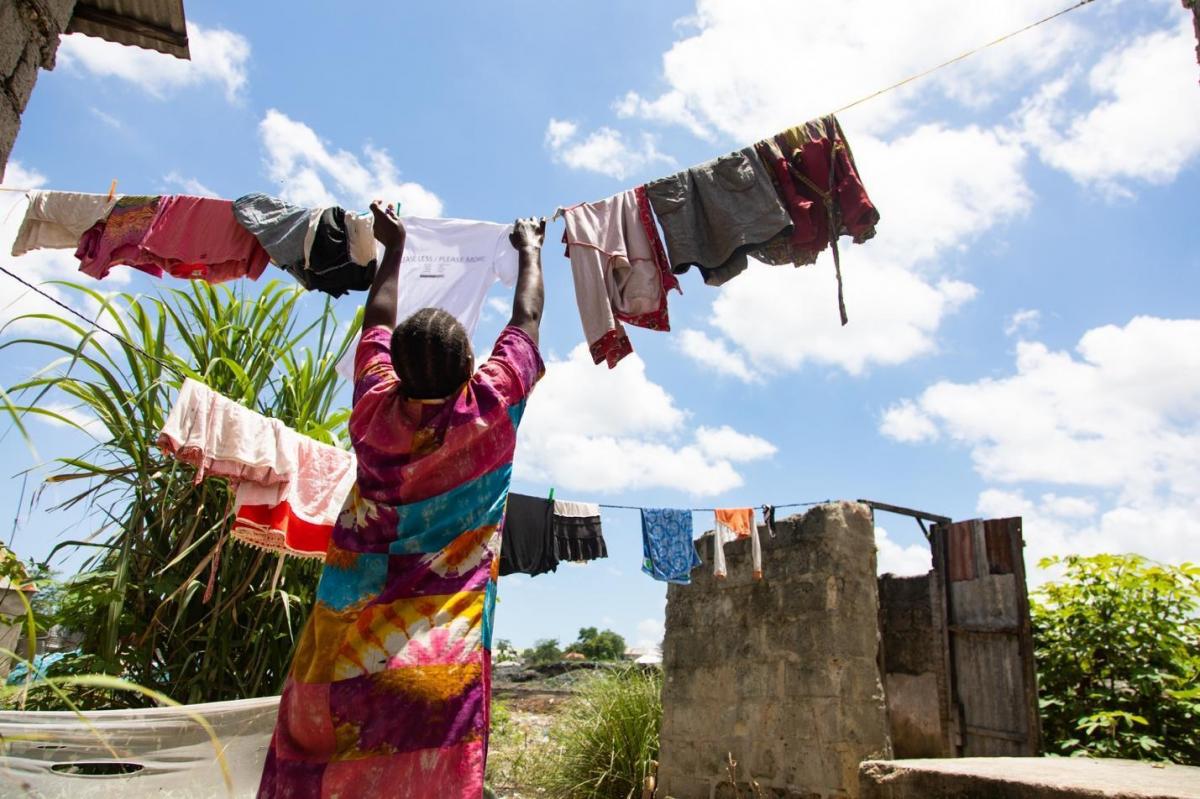
Miriam Abdalah at home in Dar Es Salaam, Tanzania where it’s common to have to dispose of your own rubbish. (Source: Daniel Msirikale, Tearfund UK)
The toxic fumes of plastic waste
When plastic waste is openly burnt on street corners, in backyards and rubbish dumps, the toxic fumes released can lead to serious respiratory issues. When left lying in waterways or collecting rainwater, plastic rubbish can create a breeding ground for disease-carrying flies, mosquitoes and rodents. Miriam described the effects, “When I burn the plastic to light the fire, there is a choking smell that comes, and it will affect us sometimes in our lungs and we get a bit of a cough.”
These respiratory issues and potentially dangerous diseases can impact people’s abilities to earn a living and provide for their families. At their most severe, they pose a threat to people’s lives. Research by Tearfund found that between 400,000 and 1,000,000 people die yearly from diseases caused by mismanaged waste, including plastic. At its upper estimate, one person is dying from waste-related diseases every 30 seconds.
image5.jpg
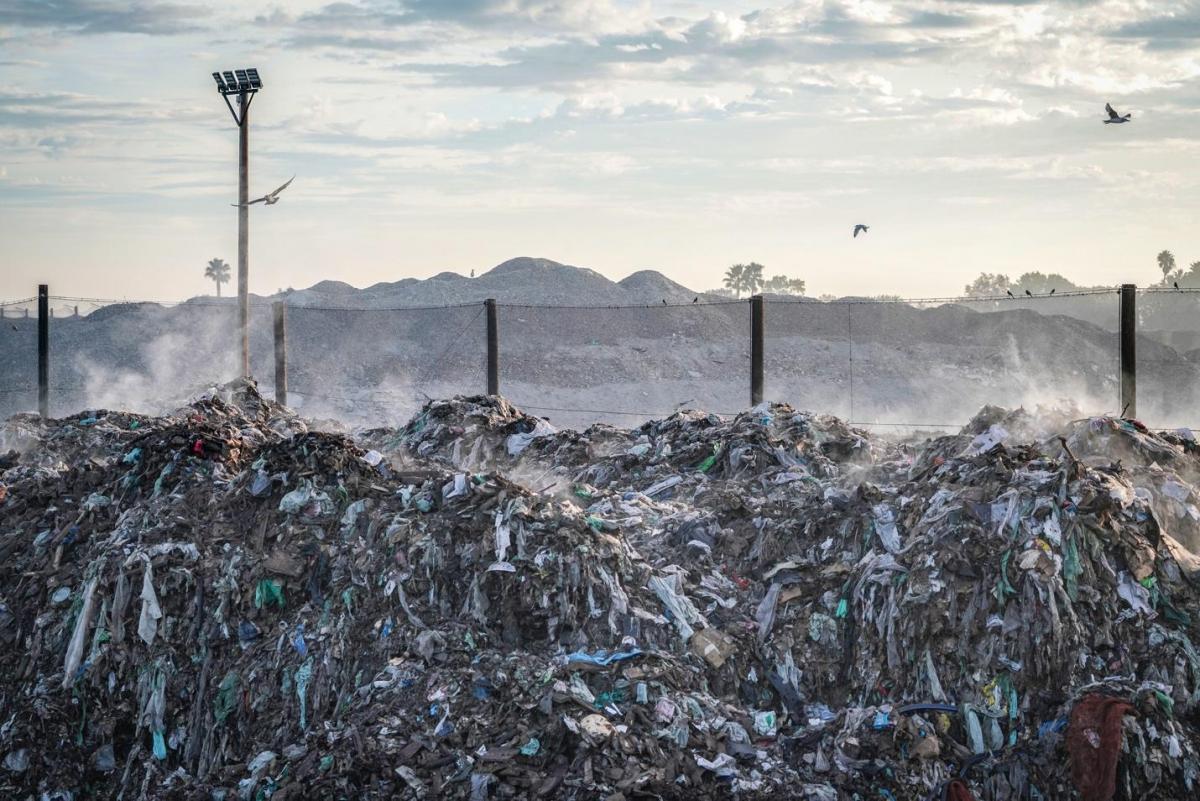
The toxic fumes released when plastic waste is burnt can result in serious respiratory issues. (Source: Katie Rodriguez, Unsplash)
Tides of plastic waste
Plastic waste is also making the impacts of climate change worse. When plastic waste is not discarded properly, it can block rivers and drainage systems, posing a serious threat to communities that live in flood-risk areas. Research commissioned by Tearfund found that over 200,000,000 people are at risk of more extreme floods because of plastic pollution. Aotearoa-New Zealand has become all too familiar with the devastating costs of flooding: loss of life, lost homes and sources of income.
In 2005, disastrous flooding in Mumbai killed more than a thousand people. The severity of this event was largely attributed to plastic bags clogging storm drains. Kuala Lumpur experienced extreme flooding last year that was similarly exacerbated by plastic pollution obstructing drains.
image1.jpg
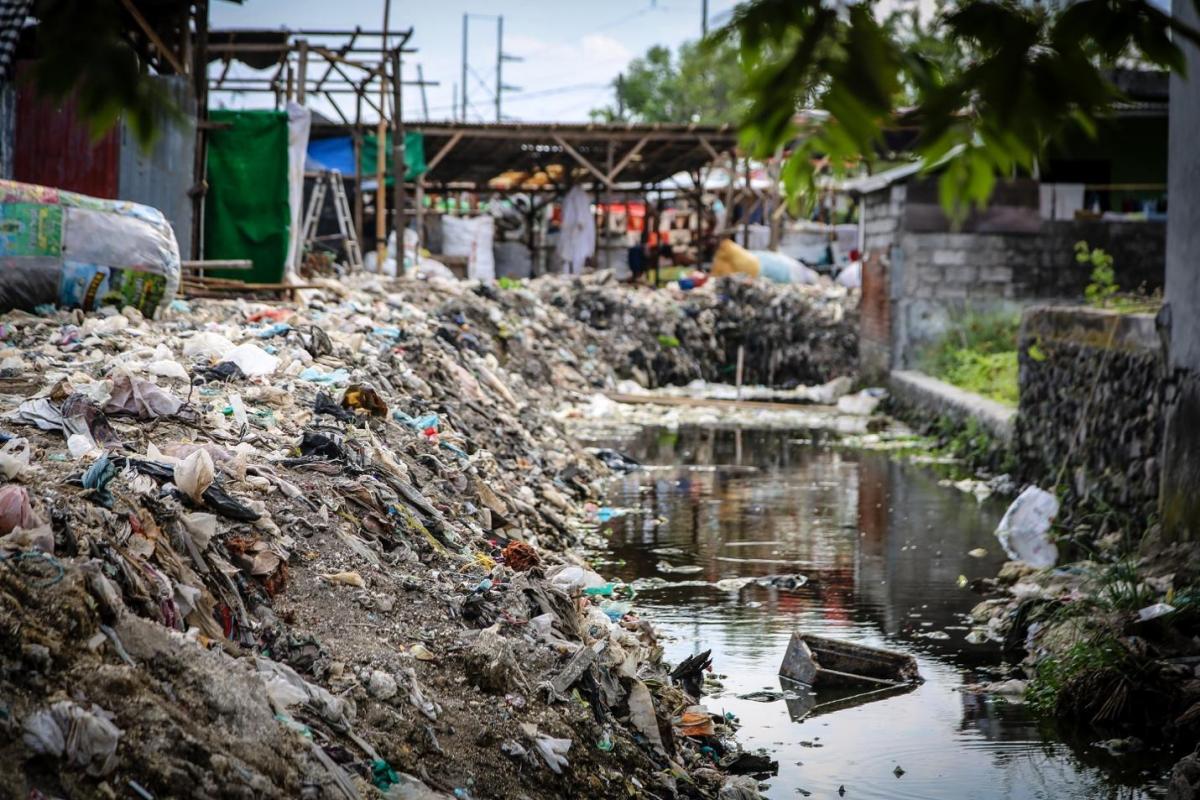
Millions of people are at risk of more extreme floods because of plastic waste blocking rivers and drains. (Source: Helen Manson, Tearfund)
Heroes of the world’s recycling system
One of the communities at the forefront of the fight against plastic pollution is made up of the people who work as waste pickers; collecting, sorting and selling recyclable waste. These people play a big role in the world’s recycling system. It is crucial that they are protected by the treaty. Waste pickers collect an estimated 60 percent of all the plastic that gets recycled, and they also play a valuable role in cleaning up their local communities.
Their work is not easy and often they bear the brunt of the health effects listed above. Yet despite these challenges, communities of waste pickers have shown great entrepreneurship and ingenuity in their work and campaigning.
Luyanda Hlatshwayo, a waste picker from South Africa and a campaigner who works closely with Tearfund, conveyed the urgency at the close of the latest round of Global Plastics Treaty negotiations: “Negotiators must move quickly. Whilst we’ve been here in Paris, our friends, our sisters and our brothers have been risking their lives to prevent the worst effects of the plastics crisis.”
image4.jpg
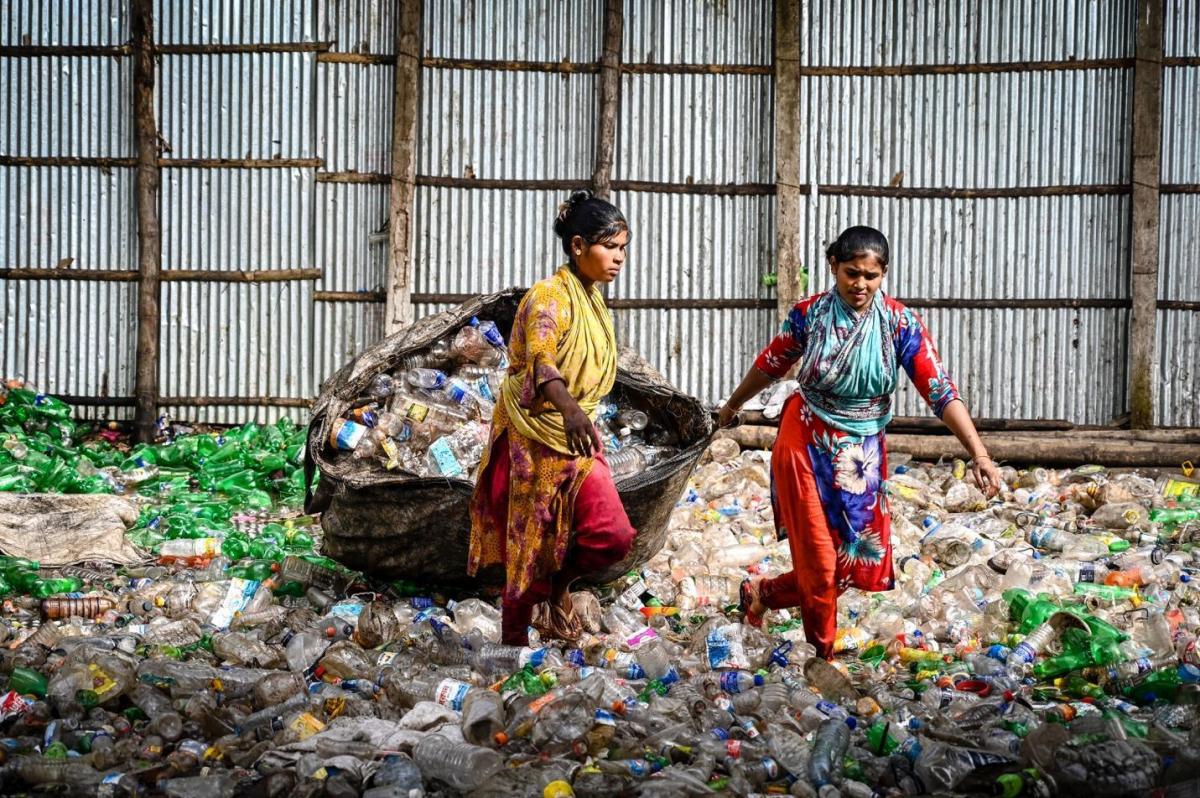
Waste pickers collect 60% of all the plastic that is recycled globally. (Source: Mumtahina Tanni, Pexels)
What to do: the treaty needs the weight of every single name
The Global Plastics Treaty has the potential to tackle the world’s plastic pollution crisis and address its disproportionate impacts on people living in poverty. In order to do this it needs to ensure these four elements:
-
A reduction in plastic production, so this plastic pollution is addressed at the source.
-
Universal access to waste collection and recycling, so that it becomes unnecessary to burn and discard plastic waste in open spaces.
-
Provision for a just transition, during which waste pickers and those who rely on plastic pollution for their livelihoods are supported.
-
Businesses and governments need to take action.
Advocates can make a much stronger case for these four crucial elements when negotiators know that people around the world care about them. To make this case, some expressions of the international Rubbish Campaign have live petitions aimed at their national governments or appropriate party. Please add your voice to those working hard in your country or internationally.
To show your support, sign your local petition:
Aotearoa-New Zealand: www.tearfund.org.nz/rubbish-petition
Australia: https://www.tearfund.org.au/rubbish/sign
United Kingdom: https://www.tearfund.org/forms/rubbish-campaign-petition
Global: https://www.renewourworld.net/rubbish_petition
Your signature will help to build the case for a Global Plastics Treaty that includes the four critical elements of success. Your support will help to bring the world significantly closer to that vision of a fantastic, plastic-reduced future.

